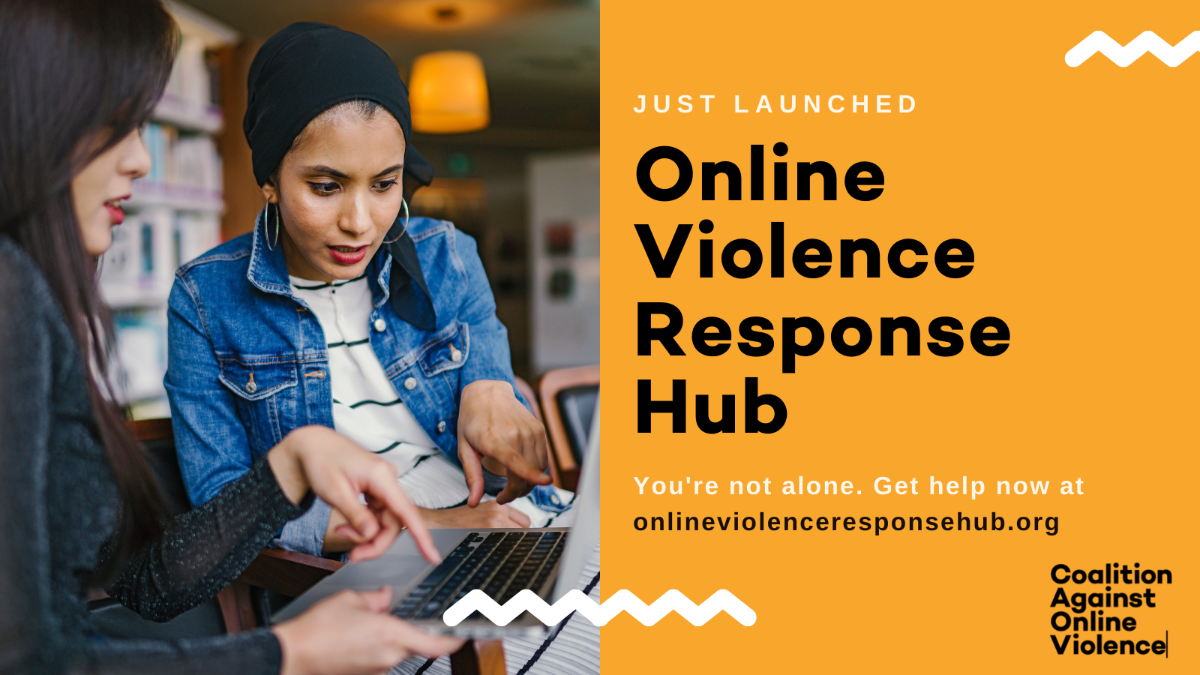Ten Ringling College of Art and Design students have created spectacular biographical illustrations of the lives of ten great women artists.

Ten Ringling College of Art and Design Illustration students created a series of biographical sketches for the Smithsonian American Art Museum (SAAM) based upon the lives of ten women artists whose work is featured in the Museum’s collection. With aligned missions to inspire creativity and provide platforms for professional experience, the project was a collaboration between SAAM and Ringling College’s INDEX program. As winners of the INDEX competition, the ten students created short comics comprised of 12 to 16 frames apiece to convey the story of each of the ten women artists, some of whom may not have received the attention they deserved in their lifetimes.
Read More









